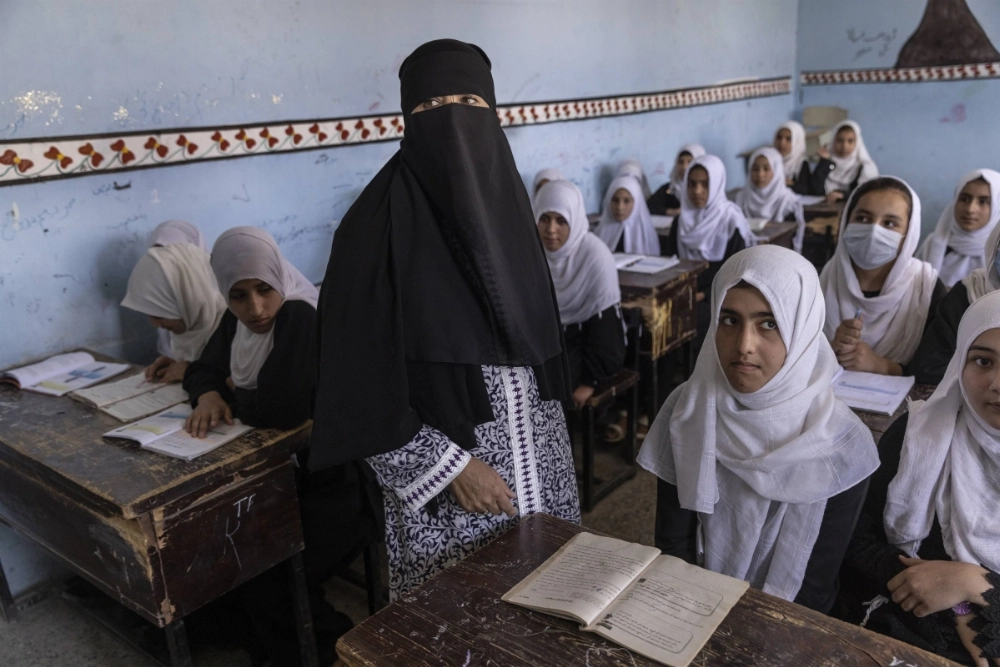Since the Taliban seized power again in Kabul in August 2021, Afghans, particularly women and girls, have been subjected to some of the world’s harshest forms of governance.
The Taliban have stripped millions of citizens of their fundamental rights, including freedom of speech, education and even life itself. The regime operates with impunity, with no accountability for its atrocities.
Amid this tragedy, the international community’s engagement with the Taliban has been counterproductive, benefiting neither Afghanistan nor the global fight against terrorism.


















With your current subscription plan you can comment on stories. However, before writing your first comment, please create a display name in the Profile section of your subscriber account page.